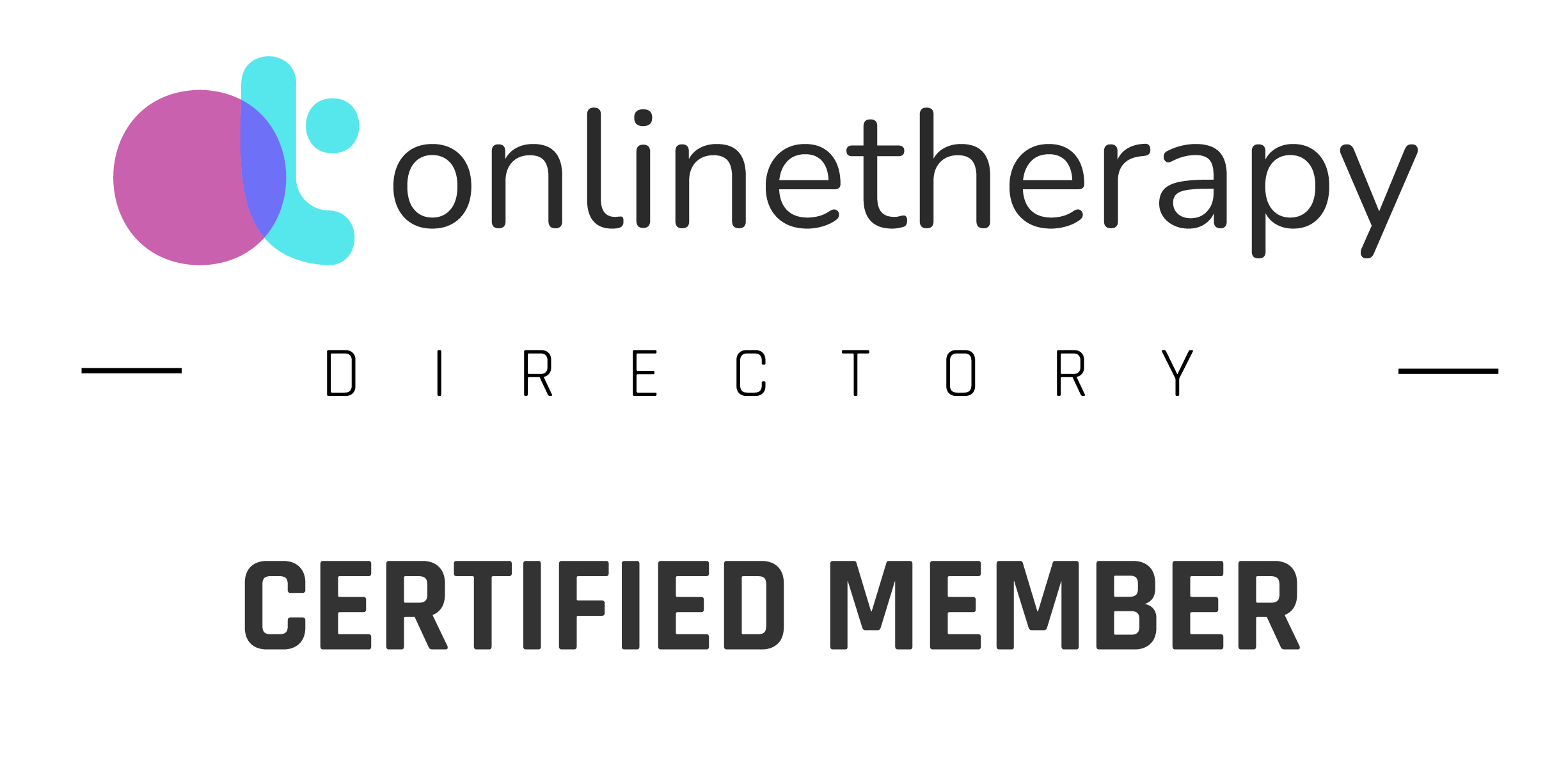Finding the right therapist is a deeply personal journey, and it’s one that can have a profound impact on your mental health and overall well-being. With countless therapy styles and professionals out there, knowing where to start can feel overwhelming.
This guide will walk you through the key steps to how to find a good therapist that aligns with your unique needs, preferences, and goals.
Understanding Your Needs
Identifying Your Goals for Therapy
Before you begin searching for a therapist, it’s important to reflect on why you’re seeking therapy in the first place. Ask yourself:
- What specific issues do I want to address? (e.g., anxiety, depression, trauma, relationship challenges, etc.)
- What kind of changes am I hoping to make in my life?
- What are my expectations for therapy — short-term coping strategies, long-term personal growth, or something in between?
Clarifying these goals can guide your search and help you articulate what you need when speaking with potential therapists.
Considering Different Therapy Approaches
Therapy is not one-size-fits-all. Different approaches resonate with different people. Some common types include:
- Cognitive Behavioral Therapy (CBT): Focuses on identifying and changing negative thought patterns and behaviors.
- Dialectical Behavior Therapy (DBT): A form of CBT that emphasizes emotion regulation, distress tolerance, and mindfulness, often used for people with intense emotional responses.
- Psychodynamic Therapy: Explores how unconscious patterns and past experiences influence present behavior.
- Humanistic Therapy: Centers on personal growth and self-actualization, emphasizing empathy and the therapeutic relationship.
- Other Specialized Approaches: This might include EMDR for trauma, art therapy, somatic therapy, or mindfulness-based therapies, depending on your needs.
Doing a little research on these methods can help you identify which approach might be most helpful.
Determining Your Preferences
Comfort and compatibility matter. You might feel more at ease with a therapist who shares your cultural background or has experience with specific communities or identities.
- Therapist Gender, Age, or Cultural Background: Consider what characteristics may help you feel more understood and comfortable.
- In-Person vs. Online Therapy: Think about what’s more accessible and effective for you.
- Individual, Couples, or Group Therapy: Choose the setting that matches your needs, whether you’re looking for personal support, relationship help, or peer connection.
Researching Potential Therapists
Asking for Recommendations
Personal referrals can be a great starting point. Talk to:
- Your doctor: They often have trusted mental health professionals in their network.
- Friends or family: They might recommend someone they’ve had a positive experience with.
- Insurance Provider: Check your insurance company’s directory to find in-network therapists, which can help manage costs.
Utilizing Online Directories
There are excellent online platforms where you can search for therapists:
- Websites like Psychology Today, TherapyDen, or GoodTherapy: These allow you to filter by location, therapy style, issues addressed, identity, and more.
- Review Profiles Carefully: Look for alignment with your therapy goals, approach preferences, and logistical needs like availability and fees.
Checking Credentials and Experience
Ensure that any therapist you’re considering is properly licensed in your state or country. Look into:
- Licenses and Certifications: This may include LCSW, LMFT, LPC, PsyD, PhD, etc.
- Areas of Expertise: For example, someone who specializes in trauma may be a better fit if that’s a key concern for you.
- Years in Practice: While newer therapists can be excellent, experience can offer additional insight and confidence.

Evaluating Your Options
Initial Consultations
Many therapists offer free or low-cost initial consultations — often a brief phone call or online meeting. Use this opportunity to ask:
- What is your therapeutic approach?
- What are your fees and do you accept insurance?
- What is your availability and cancellation policy?
Trusting Your Gut Feeling
The therapeutic relationship is built on trust. During your first conversation, ask yourself:
- Do I feel comfortable speaking with this person?
- Do I feel seen, heard, and respected?
- Does their communication style work for me?
It’s okay to trust your instincts — comfort and connection are crucial.
Asking Important Questions
In addition to the basics, you might want to explore:
- How do you track progress in therapy?
- What does a typical session look like?
- How do you handle situations when a patient feels stuck?
Their answers can give you insight into how they work and whether their style fits your preferences.
Making Your Choice and Moving Forward
Taking the First Step
Once you’ve found a therapist who feels like a good match, schedule your first full session. It’s a significant step toward improving your mental health and building resilience.
Understanding That It Might Take Time
Finding the right therapist can be a process. Sometimes, it takes meeting a few people to find the right fit — and that’s okay. Don’t be discouraged if your first experience doesn’t feel perfect. Therapy is a journey, and fit matters.
Communicating Your Needs Throughout Therapy
As you begin therapy, continue to advocate for yourself:
- Share what’s working and what’s not.
- Be honest about your progress and goals.
- Don’t hesitate to bring up concerns or request changes.
A good therapist will welcome feedback and work with you to make the process as effective and supportive as possible.
Therapists for Behavioral Health in Reno, NV
As we recognize May Mental Health Awareness Month, it’s a great time to reflect on your well-being and ask yourself, “Do I need to see a therapist?” If so, you’re not alone, many people benefit from therapy at different stages in life. Whether you’re searching for therapists in Reno or researching Reno mental health facilities, there are resources available to support your journey. Learning how to find a good therapist is the first step toward healing, and it’s a step worth taking.
Mind and Body Counseling Associates is a Reno-based therapy practice that serves the mental health needs of individuals, families, couples, children, and teens. Contact us today and schedule your appointment.


